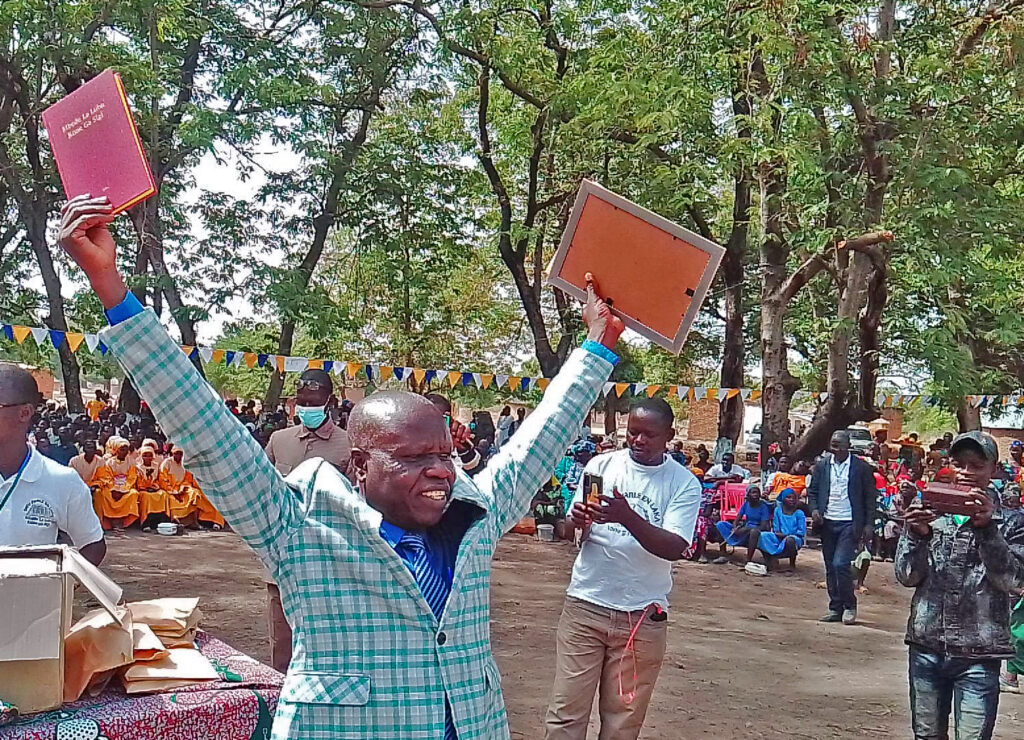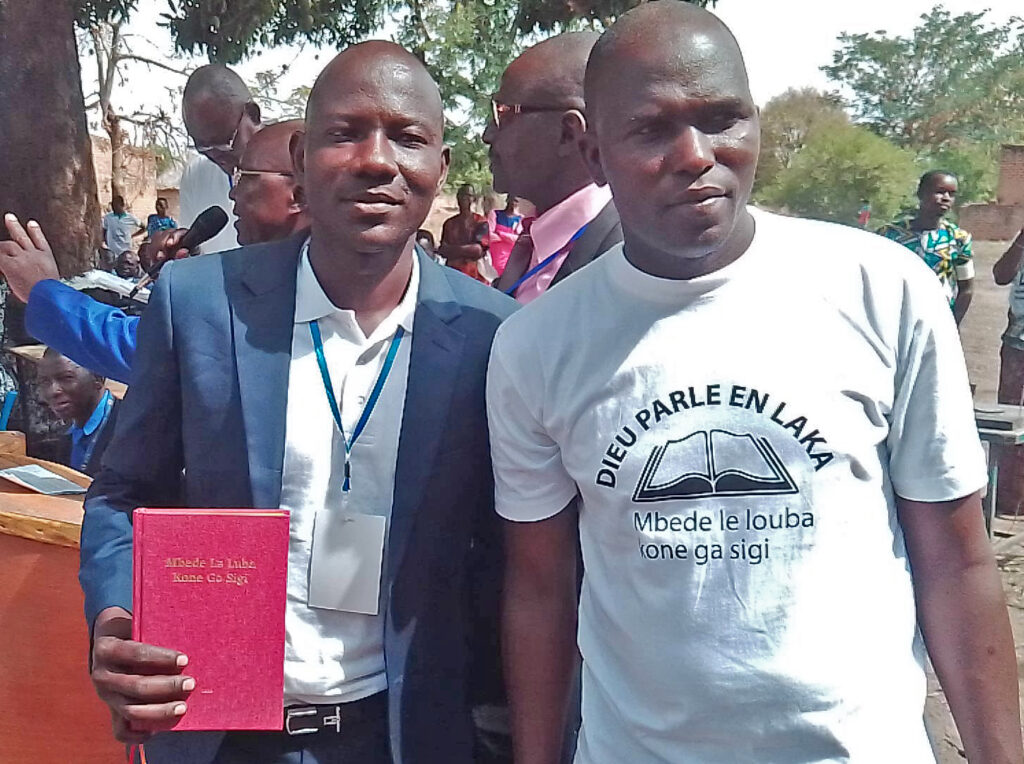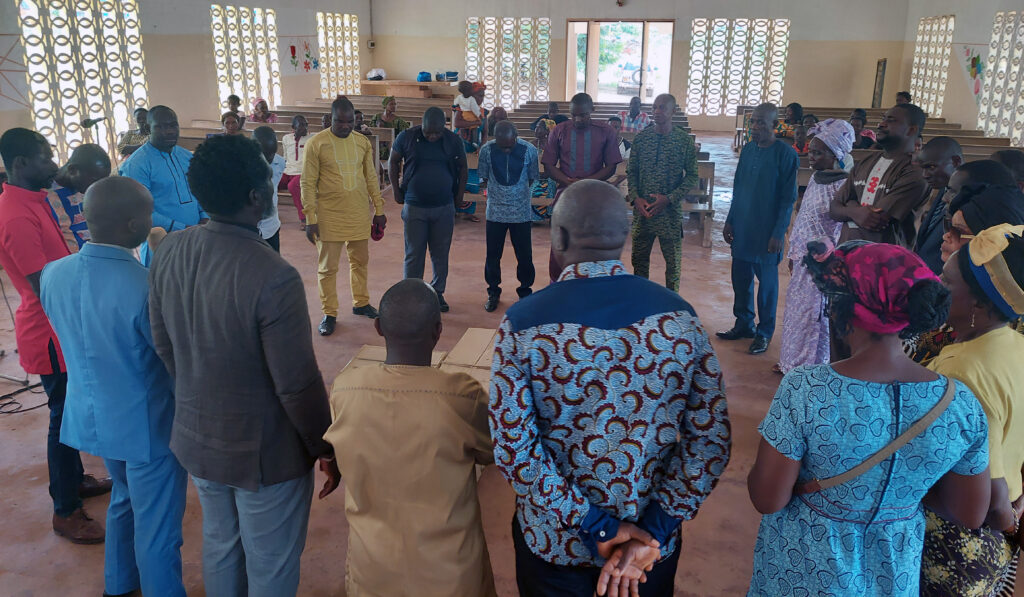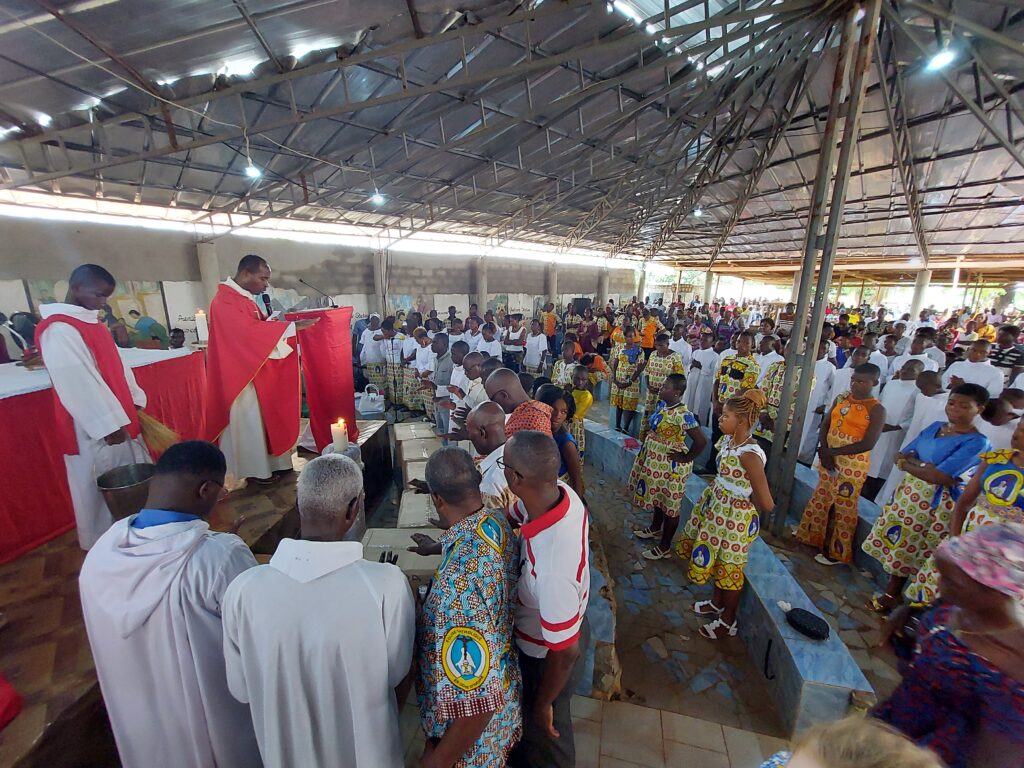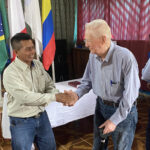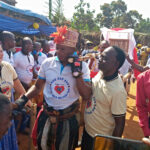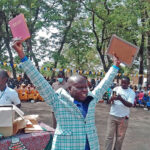Filling in the Gaps
Even though we may have a love-hate relationship with technology at times, the truth remains that many people today could not live without it. Our weather apps tell us what clothes to wear, Zoom and social media keep us in communication with loved ones scattered around the world, and most of our work happens on computers.
The same is true for the world of Bible translation. Translators around the world use language technology to make Bible translation more efficient. The software application Paratext enables translators to look at Scripture in various languages at once. With Scripture App Builder, translators can publish translated Scripture digitally. Literacy workers can use Bloom to create books and other tools to encourage reading.
As with any kind of technology, using these programs effectively requires extra support and a specialized skill set.
Thus, every year, SIL* has conducted a Language Technology Consultant Training (LTCT) in Nairobi, Kenya, to help IT technicians and language technology specialists develop their skills and knowledge of language technology so they can help translation teams scattered throughout Africa. The leader of this year’s LTCT was David Oandah, who serves with SIL in two leadership roles—language technology consultant as well as Africa Information and Communications (ICT) Services project manager. According to David, “Bible translation work has achieved better speed, accuracy, and efficiency from quality language technology support.”
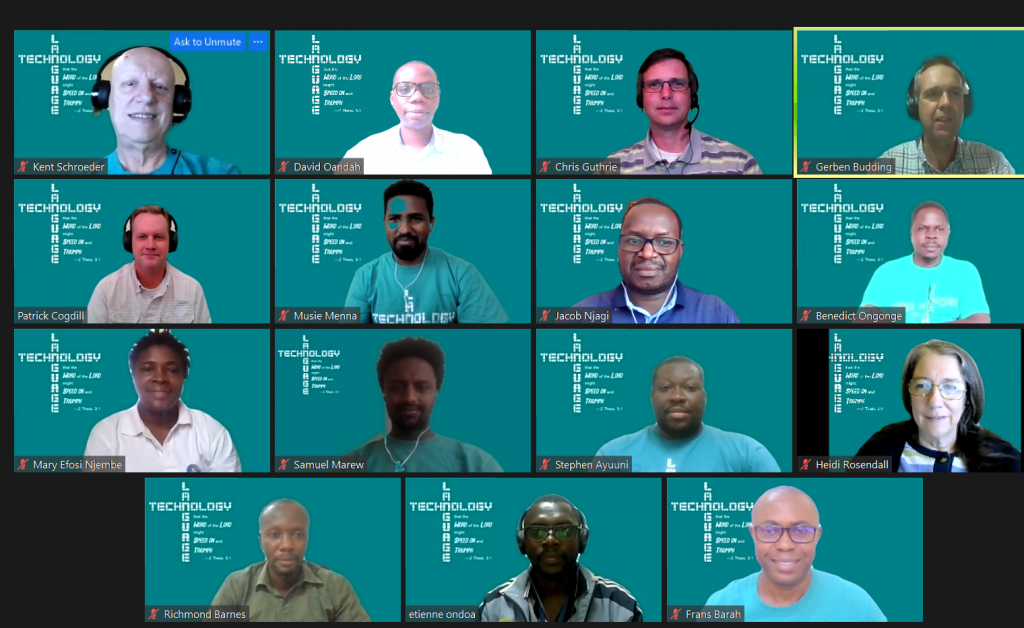
This year, due to COVID-19, the language-technology Africa staff met for their first virtual LTCT workshop. The March event ran four hours each day for ten days and drew seventeen participants from nine countries who represented eight Bible translation organizations.
“The biggest advantage for LTCT online was the ability to invite developers and facilitators from across the world to teach a topic or two in language technology,” David said. Not only did this unique mix of topics help prevent fatigue from online workshops, but it also covered gaps in language technology support in Africa and stimulated interest in the participants to grow in areas that had received less attention.
James Madaki, a language technology specialist in Nigeria, first attended LTCT in 2015 and has returned four times since. “This training has been [very] beneficial in so many ways to me as an individual and my entity as a whole. Ever since I started attending LTCT, I have not remained the same.”
This workshop has enabled James to grow in the areas of Paratext, Bloom, Language Explorer, and Scripture App Builder, among others. “It has improved and equipped my understanding on how best to plan and execute an effective training workshop down at my [organization].” This workshop has also exposed the participants to newer versions of language software and its effective use and application.
David acknowledges the tremendous skills imparted to both his leadership roles over the years through JAARS-funded trainings such as IT Connect. “About 80 percent of language technology support staff [in my area] also perform IT roles for their [organizations],” David explained. “The partnership between information technology and language technology is fundamental.” The LTCT course has filled in the gaps in David’s technical knowledge and enables him to give special attention to language technology support.
Through the years, that knowledge has enhanced his work as a consultant in language technology when he provides training, troubleshooting, and promotion of these tools. “It is an honorable task to work with translation, literacy or linguistics tools that directly drive the organization’s vision and mission … to see communities enriched with God’s Word through their languages.”
Online workshops like the recent LTCT often rely on the solar panels and generators that people like you provide by giving to JAARS Technology Solutions. Click here to give now. Thank you!
*A partner organization of JAARS



























































